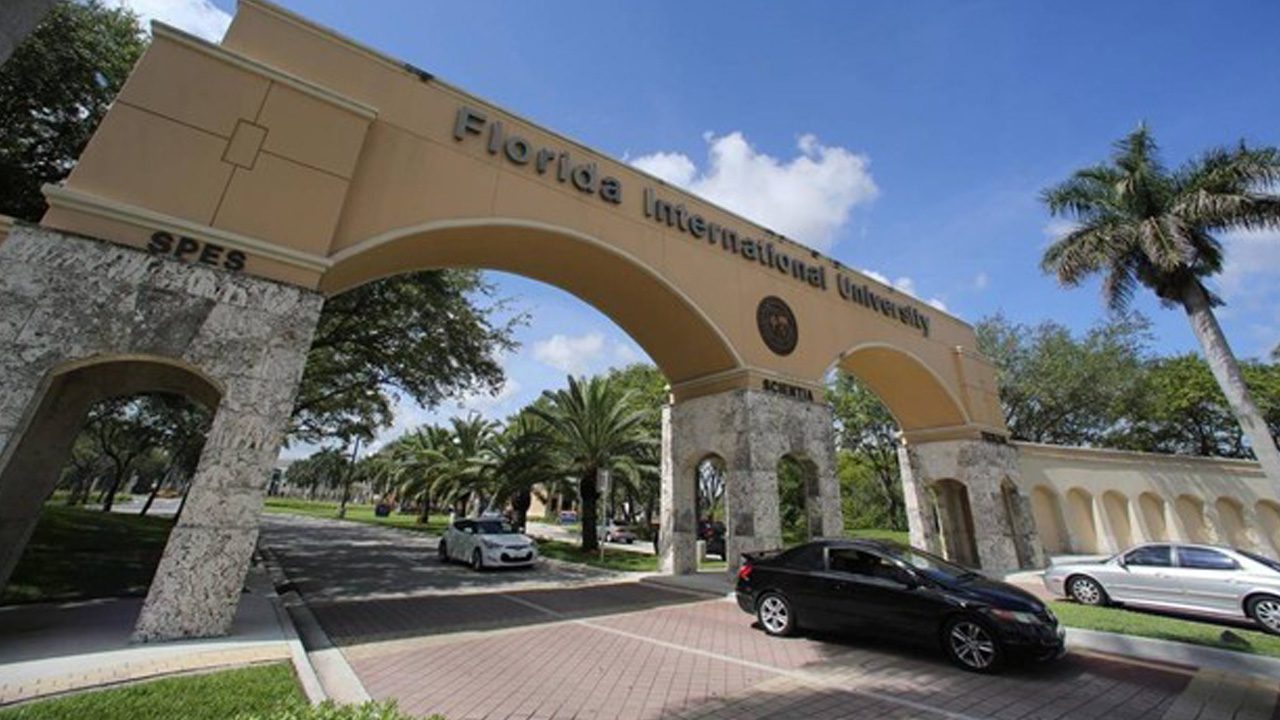
‘What if I can’t go?’: Florida repeals in-state tuition for undocumented students
Miami Herald | By Syra Ortiz Blanes, Ana Ceballos, Clara Sophia-Daly | February 13, 2025
Maria has always been the type of person to plan ahead.
At only 18, she’s plotted a careful plan to become a mental health professional. The high school senior from South Florida has already racked up credits in community college that she can apply to her bachelor’s degree. She dreams of becoming a forensic psychologist so she can support crime victims and put criminals behind bars. She was recently accepted to Florida International University, her top choice.
Her plans could soon have to change.
That’s because Florida lawmakers on Thursday voted to no longer offer undocumented students — like Maria — the opportunity to pay Florida-resident tuition fees at public universities or colleges. The benefit — created by a 2014 law that lawmakers have now repealed — has given thousands of undocumented students the opportunity to more affordably pursue a college education.
Without the ability to pay in-state tuition fees, Maria now wonders if that will impact her ability to pursue her degree. “
Getting into FIU was a moment of ‘Oh my God, I’m so excited!’ But it was also a moment of, ‘What if I can’t go?’ I’m really uncertain and worried,” said Maria, who came to the U.S. from Honduras as a child and declined using her name fearing repercussions on her college admissions.
Like other undocumented students, Maria doesn’t qualify for federal loans, aid, or many scholarships. She also got accepted to the University of Miami, which is private. She doesn’t know what sort of aid the school will offer. She could consider a private loan, but that would saddle her with significant debt at a young age. She’s hoping she’ll be able to cobble her tuition payments together with scholarships.
“This doesn’t leave me with many options. Where would I get the money?” she said.
The bill will require state universities and colleges to reevaluate the eligibility of undocumented students who currently receive in-state tuition starting on July 1.
“We wanted to repeal in state tuition and focus on Floridians,” said Gov. Ron DeSantis at a news conference on Thursday as he prepared to sign a bill repealing the benefit.
Up until Thursday, state law allowed undocumented students to seek a waiver and pay in-state tuition rates if they’ve gone to high school in the state for at least three consecutive years and enrolled in college within two years of graduating from high school.
But Republican lawmakers said it was time to repeal those benefits because Florida is trying to crack down on illegal immigration and does not want to offer financial incentives to people who are in the country illegally.
Democrats tried to amend the bill by allowing undocumented students who are currently enrolled at a public university or college to continue paying the reduced tuition for the next four years, arguing that it will allow them to finish their education without being priced out.
“We made a promise to these students,” Sen. Carlos Guillermo Smith, D-Orlando said. “I ask you to search your hearts, this is literally the least we can do for these Dreamers who have worked so hard to get here.”
Senate Minority Leader Jason Pizzo, D-Miami, argued “families would have planned differently if they knew” the Legislature was planning to repeal the decade-old law.
The amendment failed in the Senate, but three Miami Republicans — Sens. Ileana Garcia, Ana Maria Rodriguez and Alexis Calatayud — voted with Democrats in support of it.
Hernan Moreno is a student at Seminole State College studying construction management who has benefited from the tuition waiver. When he was 4 years old, he came to the United States from Chiapas, Mexico, and eventually applied for Deferred Action for Childhood Arrivals, or DACA. He went through the K-12 system in Florida, and is now pursuing his bachelor’s.
He says that without the waiver, he would have to pay three times the rate for classes, and that it would significantly slow down his studies.
“I will have to stop school and save for funds for classes down the line,” he said over text message.
“Those who have the desire for education should be given the same opportunities as everyone else regardless of their immigration status if done the right way!”
It is unclear exactly how many undocumented students will be impacted by the upcoming changes. But data collected from state universities, colleges and technical colleges shows that 6,581 students currently receive the out-of-state tuition waiver.
The waiver is not only for undocumented students. It is also given in other scenarios, such as students who attended public schools in Florida and left to live with a parent after they graduated. But Republican Sen. Randy Fine, R-Palm Bay, said the “vast majority” of the students that receive the waiver are undocumented.
“There are people who come to the U.S. and other countries to have a better life. There are people who come here because they have no choice and they are looking to have a brighter future than what they could in their own countries,” Maria told the Miami Herald.
FIU hit hard
State data shows that Florida International University had the most students with in-state tuition waivers of any Florida university in the last academic year — 535 in total. Thursday’s decision to repeal the in state waivers comes as Jeanette Nuñez, the current lieutenant governor of Florida, gears up to become FIU’s interim president, with the school’s leadership signaling that they will confirm her to the position permanently.
As a state representative in Tallahassee 11 years ago, Nuñez sponsored and championed the in-state tuition waivers that gave undocumented students the ability to afford Florida’s colleges and universities. As lieutenant governor, she has said the law had run its course and should be eliminated. Democrats and immigration advocates have criticized her reversal as a political move.

Florida Lt. Governor Jeanette Nuñez greets FIU’s sixth president, Kenneth A. Jessell during his Presidential Investiture Ceremony at the Ocean Bank Convocation Center, at the Florida International University Modesto A. Maidique campus in Miami, on Thursday May 18 , 2023.
Now, if she becomes FIU’s next president, she will have to deal with the aftermath of undocumented students on her campus struggling to afford their education without the waivers. On Thursday, about 150 students and faculty members staged a walkout at FIU to oppose her impending appointment.
“To them it’s just policies. To us, it’s our lives,” said Katherine Retamal, an admissions counselor at FIU.

About 150 students chant “Lieutenant Nunez has got to go!” during a protest against Lt. Governor Jeanette Nuñez being appointed interim president on Thursday, Feb. 13, 2025, at Florida International University main campus in Miami, Fla.
Dean C. Colson, who is on the Board of Trustees at Florida International University, was on the Board of Governors when they approved the in-state tuition waiver for undocumented students. He said he is disappointed to see these waivers go away, as he understands that students who come to this country illegally at a young age do without a choice.
“I thought it was good policy then, I think it’s good policy now,” said Colson.
Rogelio Tovar, chair of the FIU Board of Trustees, said that he is “a big supporter that everyone who comes into the country, comes in legally,” but understood that many students who benefit from the in-state tuition waiver came at a young age.
“My heart goes out to those students, there is nothing I want more than anyone that is trying to improve where they are in life, building for their future,” said Tovar. But he added that FIU will have to comply with the law.
“I don’t think it’s our position to take positions against laws,” he said.
Diego Dulante, 26, is on the verge of completing his master’s in public health at the University of South Florida. Dulante came to the United States when he was just 4 years old. He told the Herald he would have never been able to get his bachelor’s degree if it were not for the in-state tuition waiver.
“I didn’t have a lot of options,” he said, “I wouldn’t have been able to continue my education.”





